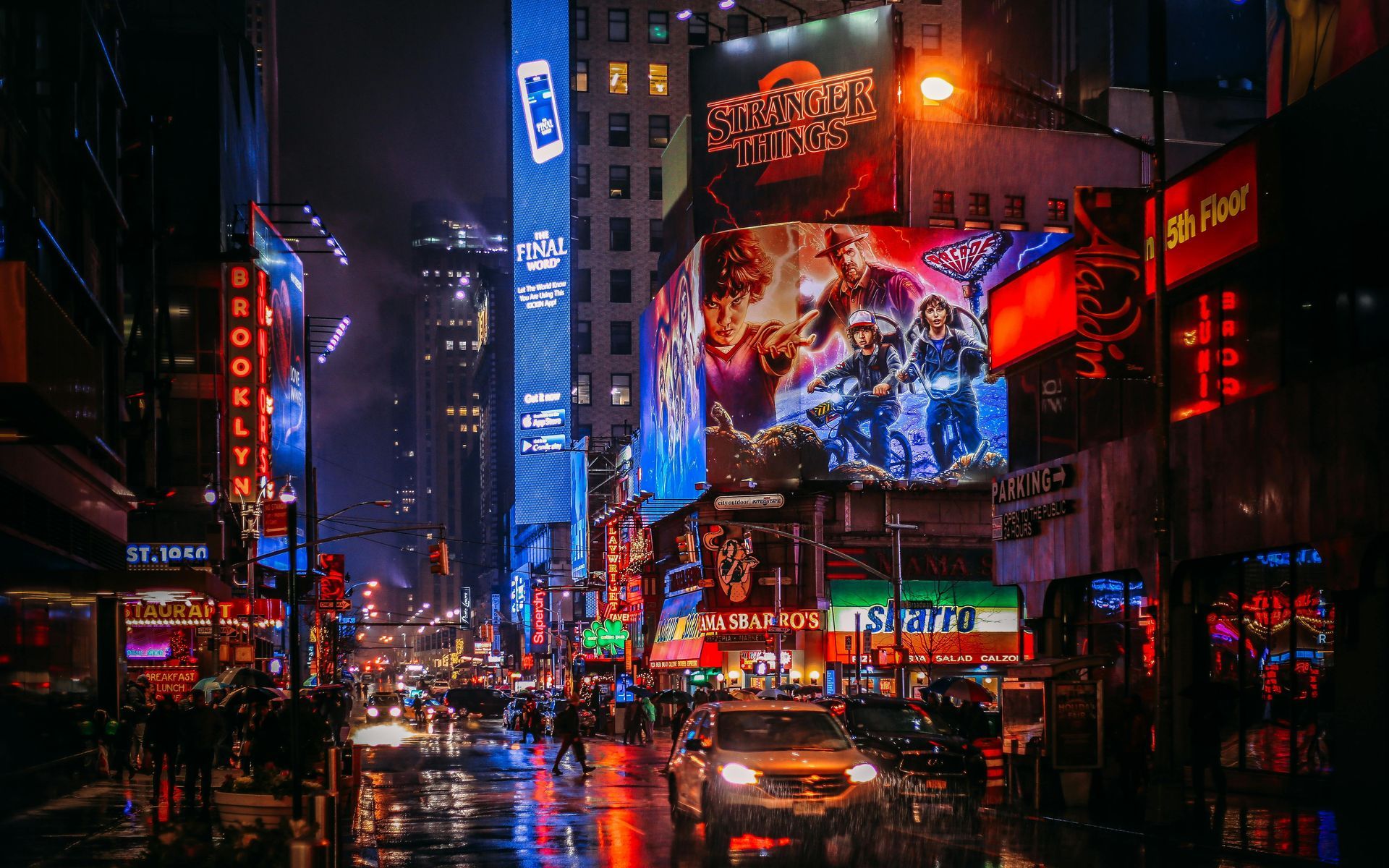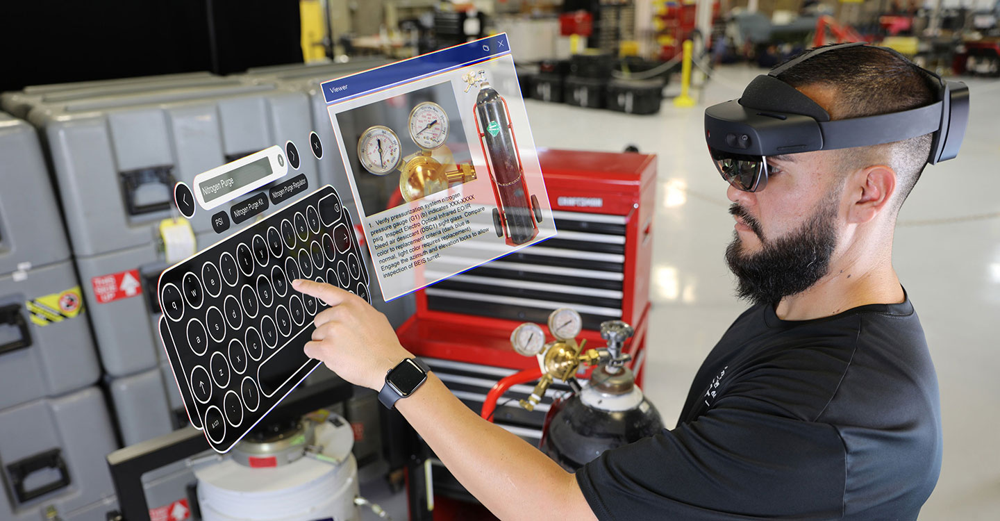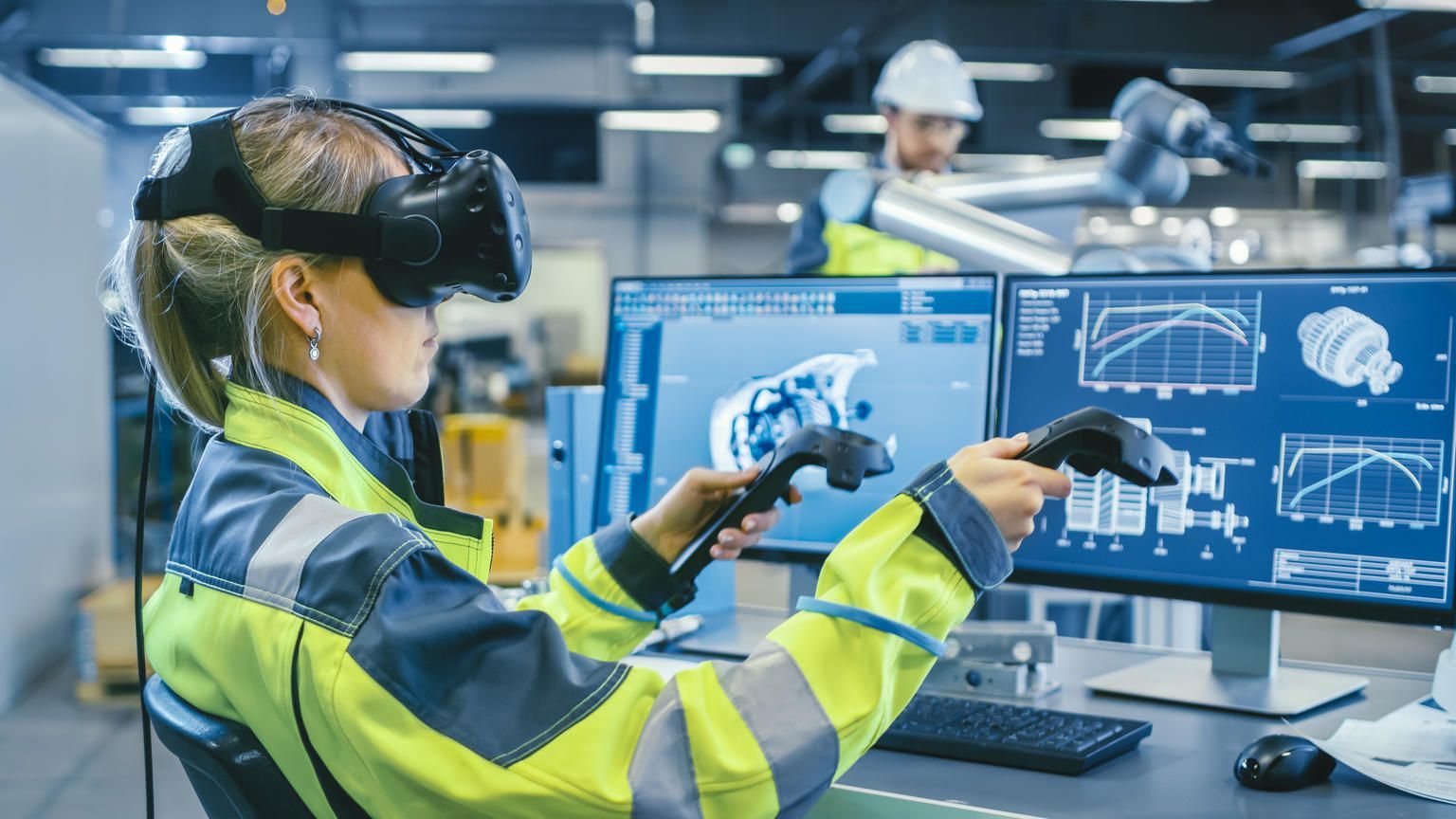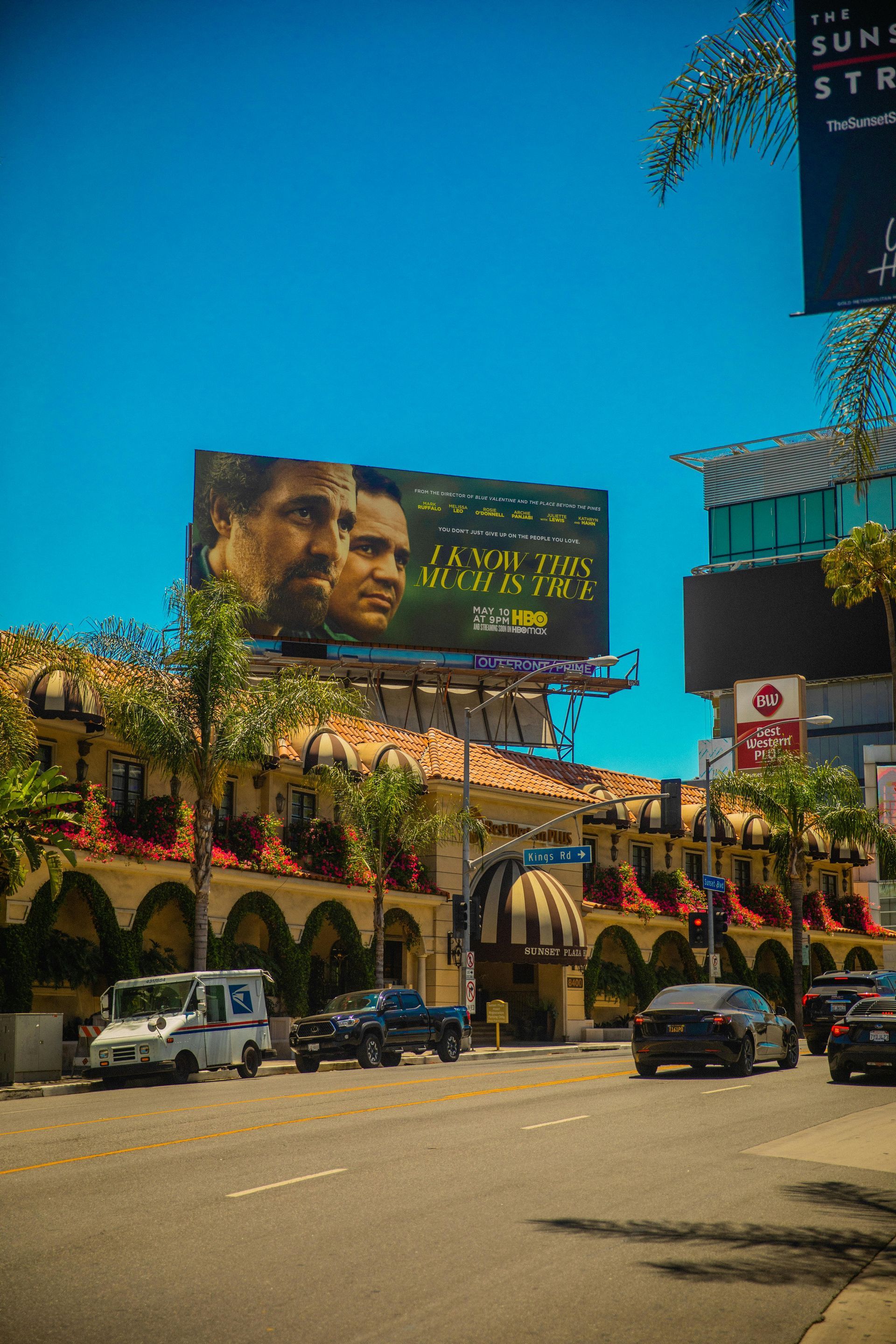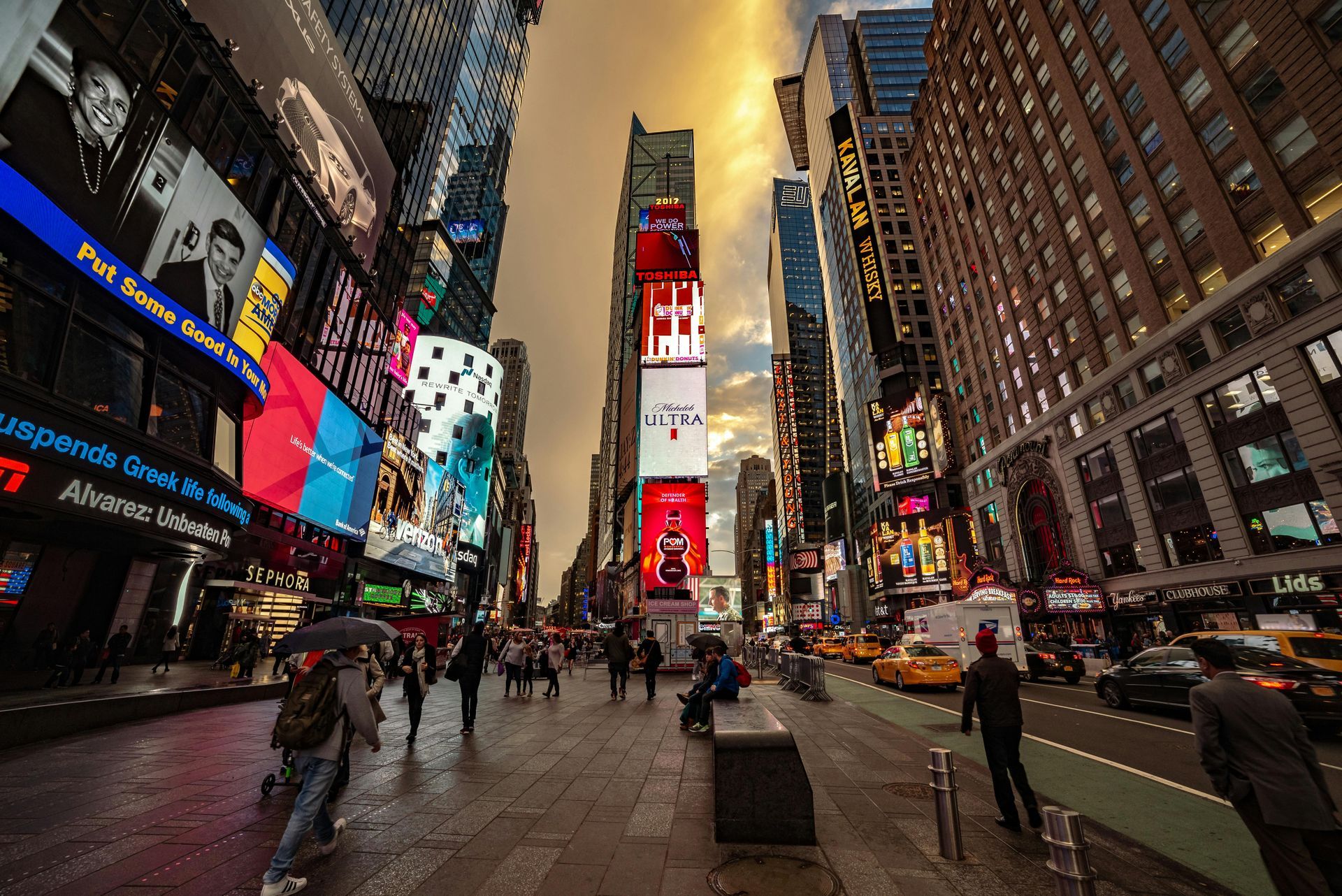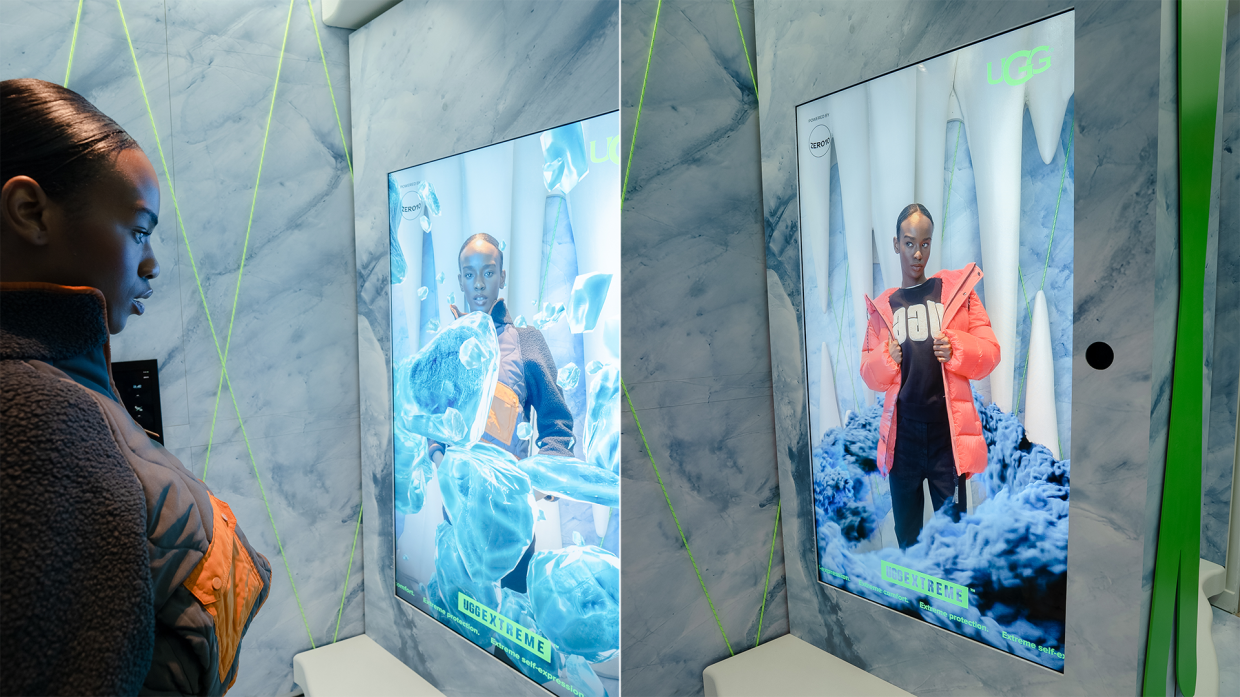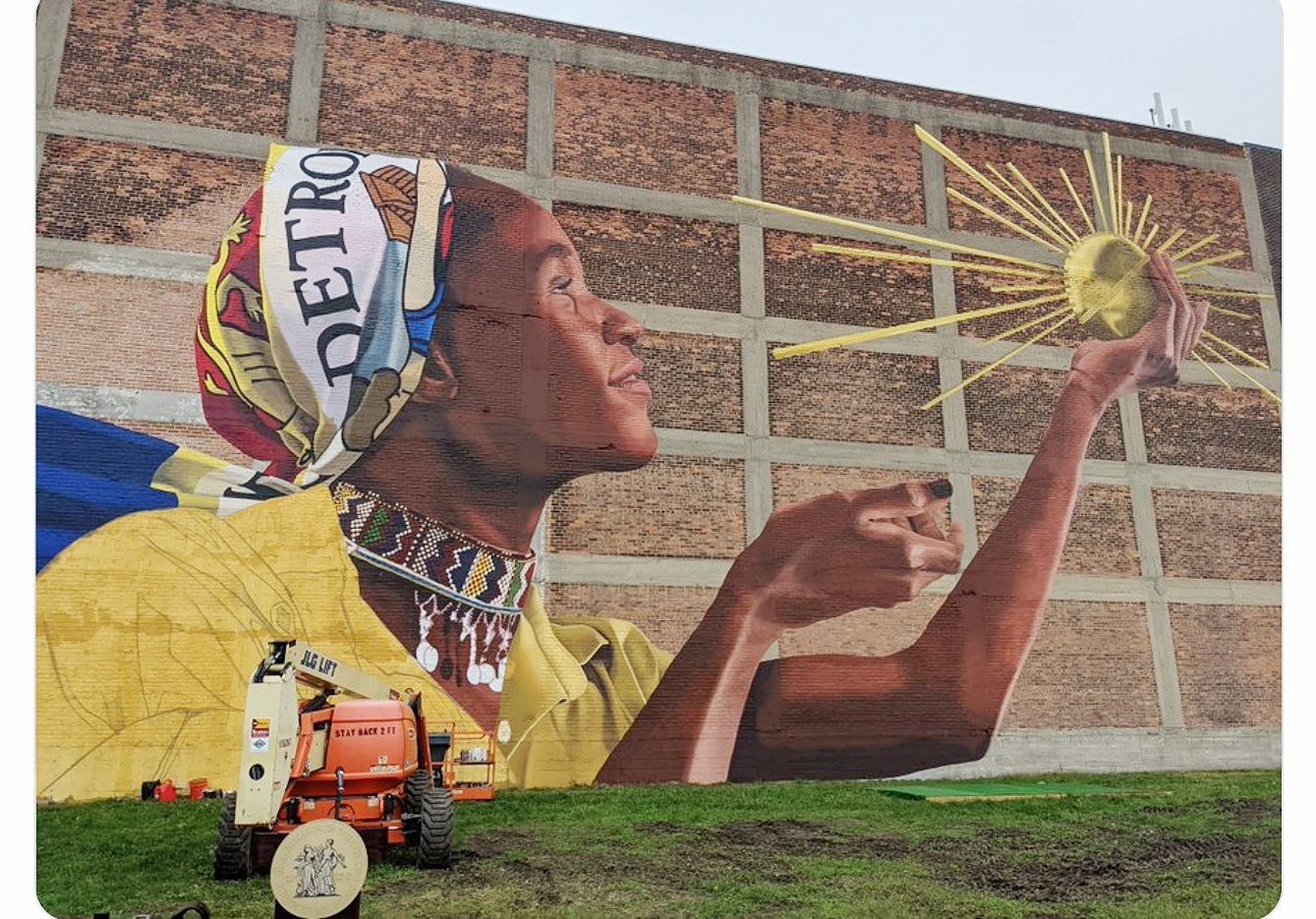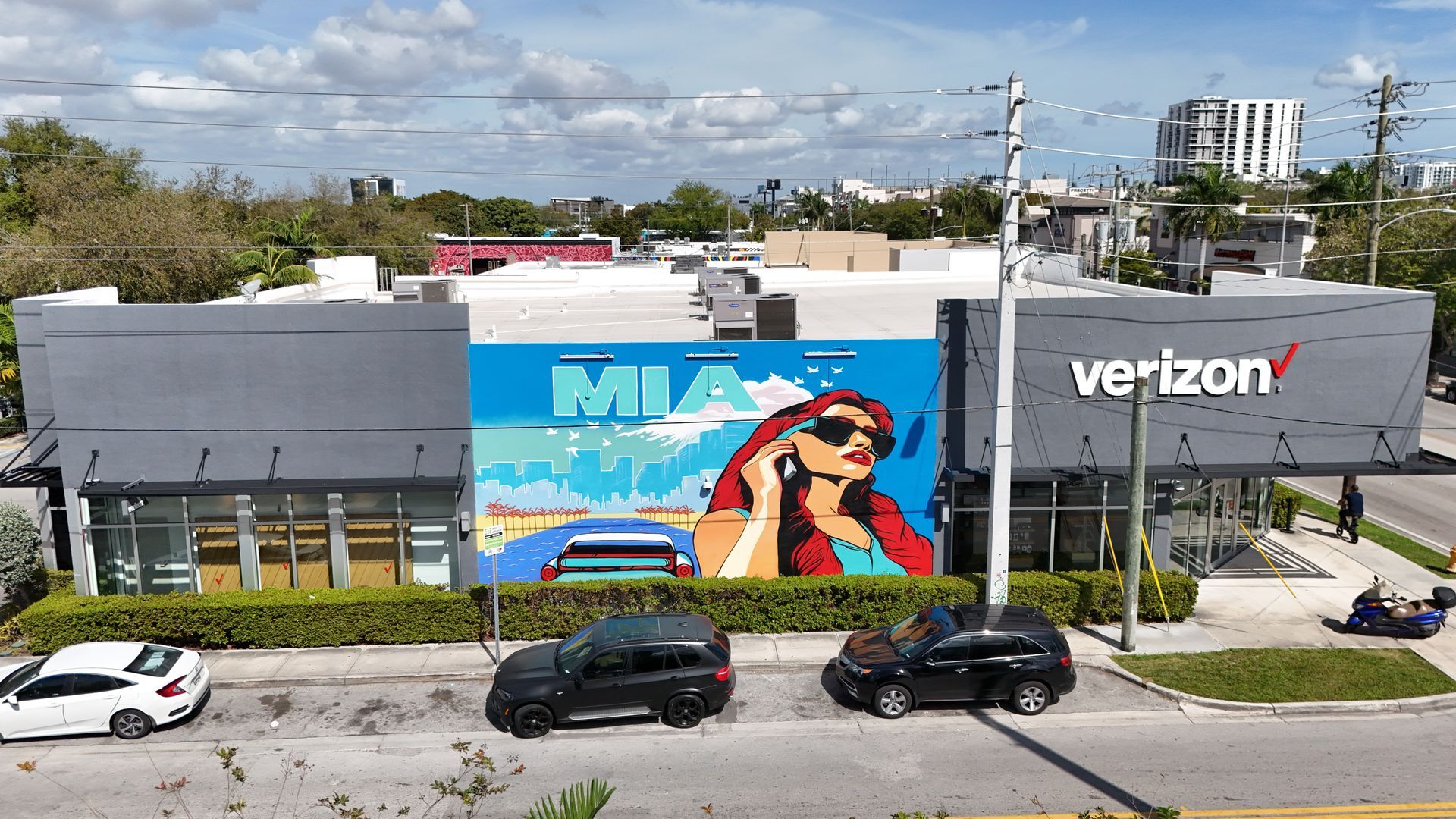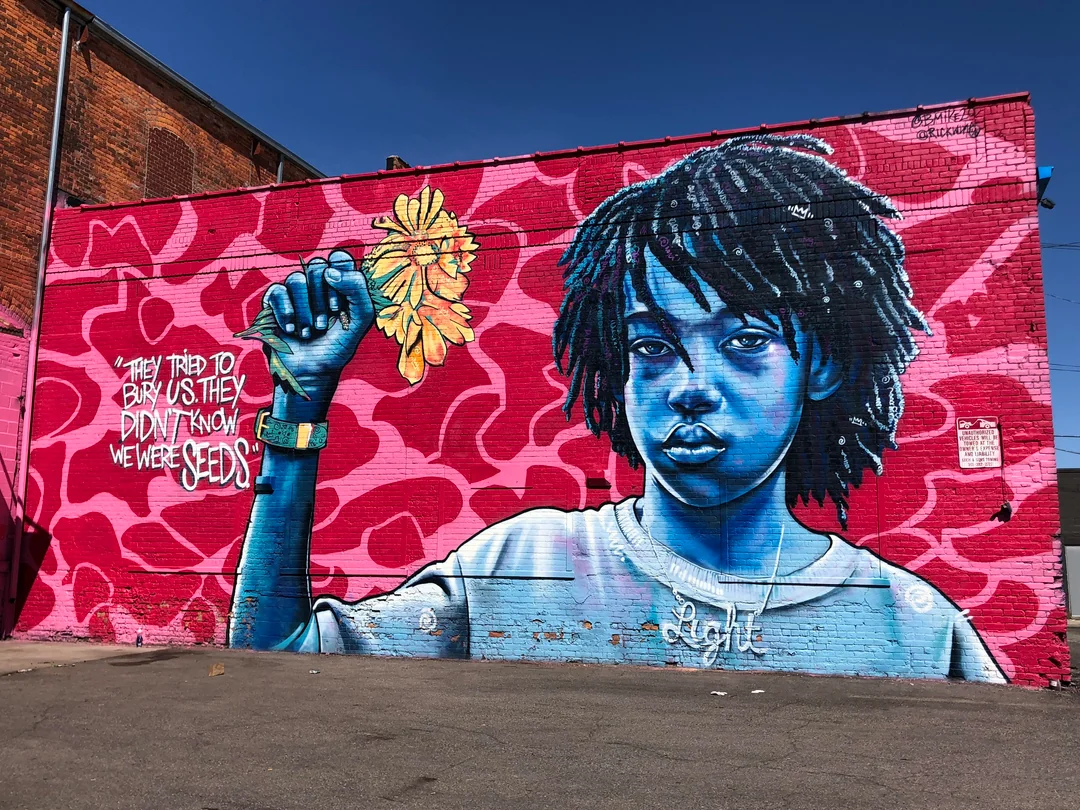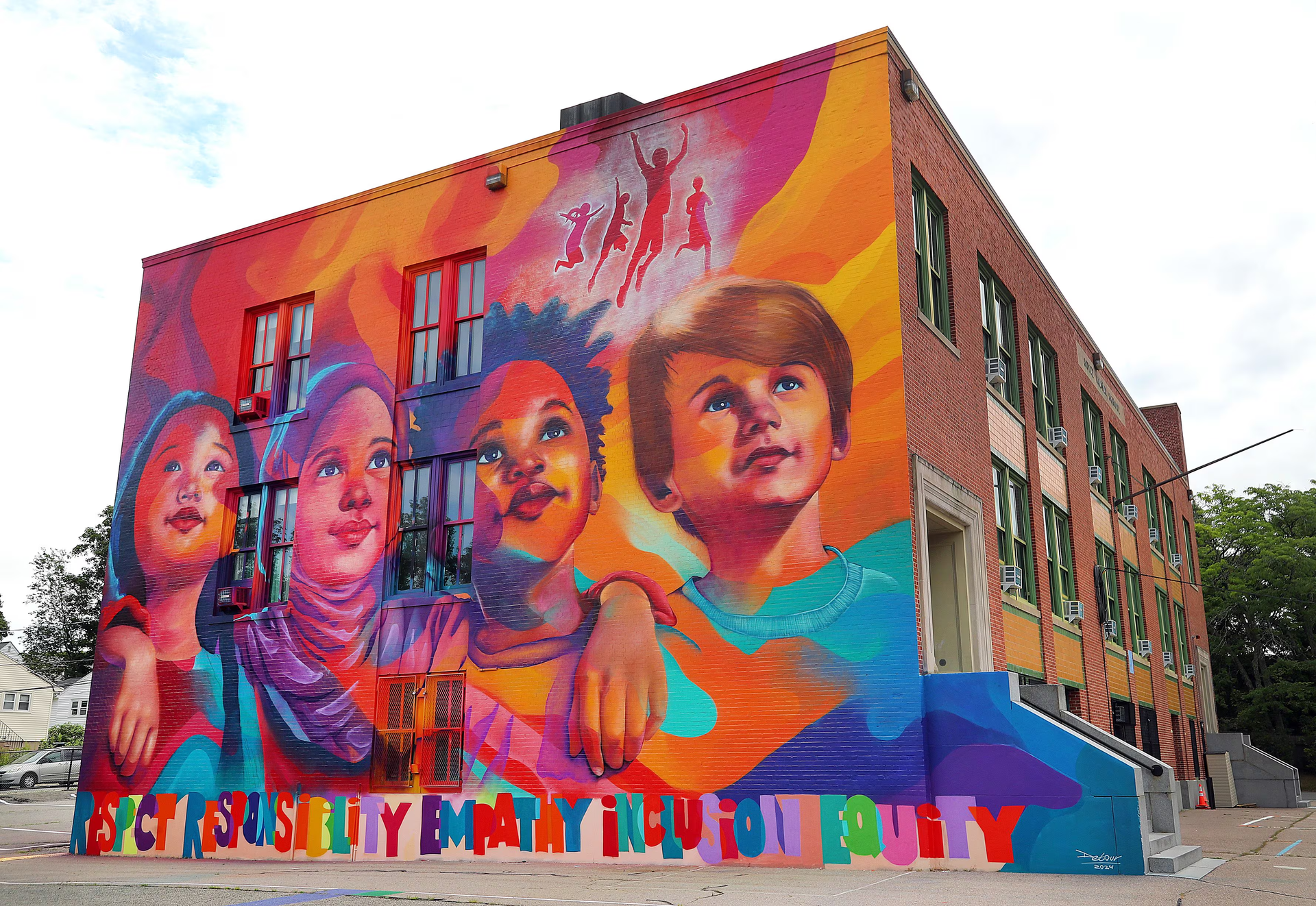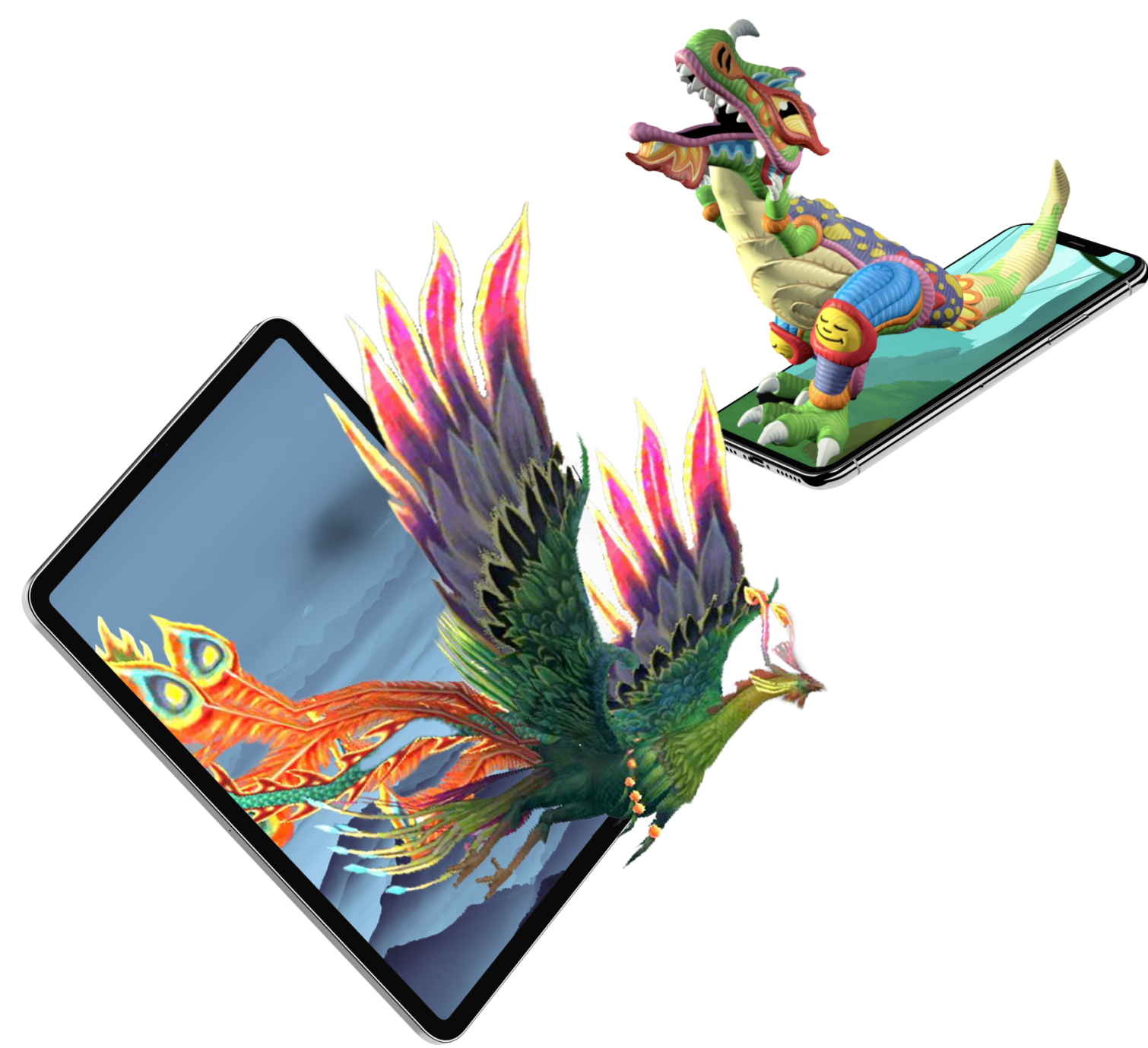How Magic Mirrors Are Making Retail Fun and Interactive
In a world where online shopping has reshaped how we browse and buy, traditional retail stores face the pressure to offer unique and engaging in-store experiences. Magic mirrors, also known as augmented reality (AR) mirrors, are becoming a cornerstone for retailers aiming to seamlessly blend the physical and digital worlds. These interactive mirrors empower customers to try on products virtually, gather real-time feedback, and experience personalized recommendations while standing in a fitting room. This article explores how magic mirrors are transforming retail, including a case study on Coca-Cola's innovative AR vending machine, showcasing the potential for this technology to make retail fun, interactive, and memorable.
What Are Magic Mirrors?
Magic mirrors are AR-powered digital mirrors that overlay virtual elements onto a person’s reflection in real-time. By integrating artificial intelligence (AI) and augmented reality technologies, magic mirrors allow customers to try on products virtually, helping them envision how items like clothing, accessories, or makeup will look before making a purchase. Using AI algorithms, these mirrors can analyze preferences, suggest additional products, and even provide a fully immersive experience that traditional mirrors simply cannot match.
In an era where convenience and engagement are key to customer loyalty, magic mirrors are emerging as a game-changing tool. They’re designed to enhance the in-store experience, making it feel more like online shopping by offering personalization and ease of use. Furthermore, they provide valuable data for retailers, helping them understand customer preferences and behaviors in real-time.
How Magic Mirrors Are Revolutionizing the Store Experience
With growing number of consumers expecting an engaging and interactive shopping experience, magic mirrors are a welcome addition to retail environments. In stores, these mirrors go beyond mere reflection, inviting customers to interact with digital content that elevates the shopping experience:
- Virtual Fitting Rooms: Magic mirrors allow shoppers to “try on” various items without physically changing clothes. This saves time and reduces the hassle of physical fittings, especially for busy customers or those with accessibility concerns. Shops can see themselves in different outfits, colors, and styles by simply standing in a magic mirror.
- Personalized Recommendations: Leveraging AI, magic mirrors can recommend products based on customer preferences, past purchases, or even what’s trending on social media. This improves the customer experience and boosts the chances of upselling.
- Enhanced Customer Experience: The AR mirror provides a wow factor and enhances customer satisfaction. Through interactive displays, customers can gain more insight into products, read reviews, and even receive recommendations tailored to their needs, which keeps them engaged and encourages them to explore more items.
- Data-Driven Insights for Retailers: Magic mirrors are beneficial not just for customers but also for retailers. They capture customer interactions, providing data that can be analyzed to refine marketing strategies, product placements, and inventory management.
Coca-Cola’s AR Vending Machine: A Case Study
Vending machines have become ubiquitous, appearing in nearly every corner of the world, from stadiums to train stations. Despite their popularity, traditional vending machines often offer a purely transactional experience, lacking the engagement or connection that today’s consumers seek. Coca-Cola saw this as an opportunity and embarked on a mission to reinvent the vending machine experience using augmented reality.
The Concept: Coca-Cola collaborated with Snapchat to revamp the classic vending machine. The company reimagined its functionality while keeping the iconic shape intact, equipping it with a custom screen and camera powered by Snapchat’s innovative AR technology. This upgrade enabled various interactive features, including gesture-based navigation and advanced body tracking, offering users an engaging, immersive experience.
The Experience: Coca-Cola’s AR vending machine allowed users to virtually try on exclusive merchandise and explore trending Snapchat AR lenses. By simply waving a hand, customers could navigate through options, try out different products virtually, and interact with the machine in an entirely new way. This gesture-based system and body-tracking capability brought a dynamic, game-like feel to the vending machine experience, setting a new standard for engagement in traditionally static retail spaces.
Results: Coca-Cola’s AR vending machine quickly attracted attention for its innovative use of AR, bridging the gap between digital and physical retail. It provided an engaging experience that was as memorable as it was functional, showcasing how retailers can use AR to breathe new life into otherwise mundane experiences. This example highlights how magic mirrors, AR, and AI make everyday interactions more exciting and immersive, all while collecting valuable customer interaction data.
Benefits of Magic Mirrors for Retailers and Consumers
For Consumers:
- Time-Saving: Trying on multiple products in seconds saves time and offers convenience, particularly for busy customers.
- Personalization: Magic mirrors can suggest complementary products, show trending items on social media, and recommend products based on individual preferences.
- Enhanced Engagement: The novelty of AR technology creates a memorable shopping experience, encouraging customers to spend more time in the store and try new products they might not have considered otherwise.
For Retailers:
- Valuable Data Collection: Every interaction with a magic mirror is a data point. Retailers can use this information to understand what products are most popular, what customers are searching for, and how long they engage with specific items.
- Increased Sales Opportunities: Magic Mirrors encourages customers to explore a wider range of products by providing a virtual fitting room and personalized recommendations, which often leads to increased sales.
- Brand Differentiation: For retailers competing with online shopping, magic mirrors provide a unique in-store experience that can set them apart. Brands that incorporate cutting-edge technology can position themselves as innovative and customer-focused.
The Future of Magic Mirrors in Retail
As augmented reality continues to evolve, so does the potential for magic mirrors to transform retail. Some retailers are already experimenting with incorporating social media integration, allowing customers to share their virtual try-ons instantly. This feature promotes the store experience on social media and taps into user-generated content, which is a powerful marketing tool in its own right.
Retailers are also exploring how magic mirrors can be used to offer virtual assistance and customer support. Imagine a magic mirror that could connect customers to a remote stylist who can make real-time recommendations based on what the customer is virtually trying on. Such applications of AR and AI would make the shopping experience even more seamless and enjoyable.
The future of magic mirrors also includes the potential for integration with customer loyalty programs. These mirrors could identify returning customers through facial recognition and AI algorithms, personalize their shopping experience further, and reward them with exclusive promotions. This level of personalization can create an environment where the in-store experience feels even more valuable than shopping online.
In Conclusion
Magic mirrors are quickly becoming a staple in modern retail, bridging online shopping’s convenience and the immersive, tactile experience of in-store shopping. With innovative examples like Coca-Cola’s AR vending machine, it’s clear that the possibilities for AR in retail are limitless. These mirrors allow retailers to differentiate themselves, offer interactive experiences, and gather crucial data on consumer preferences.
In a landscape where the customer experience is paramount, magic mirrors stand out as a tool that enhances convenience and engagement. As technology advances, the future of retail will likely see more stores embracing this blend of digital and physical experiences, making shopping a seamless, interactive, and fun activity for everyone involved.
TALK TO A PRO
We're here to bring your brand to life!
Stay Connected with BrandXR
Create Augmented Reality for Free!
Create, Publish, and Measure 3D Augmented Reality Experiences Without Having to Code.
